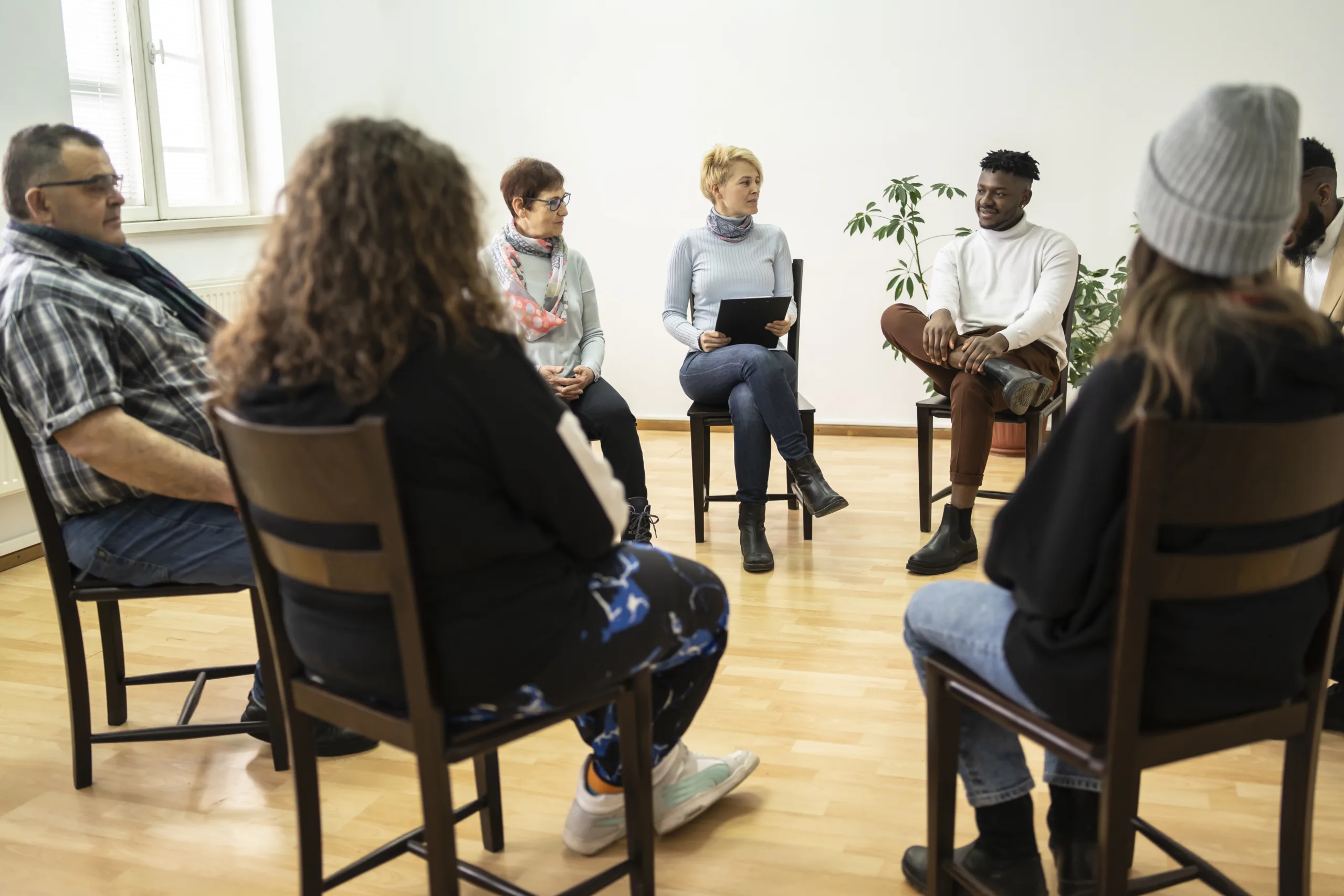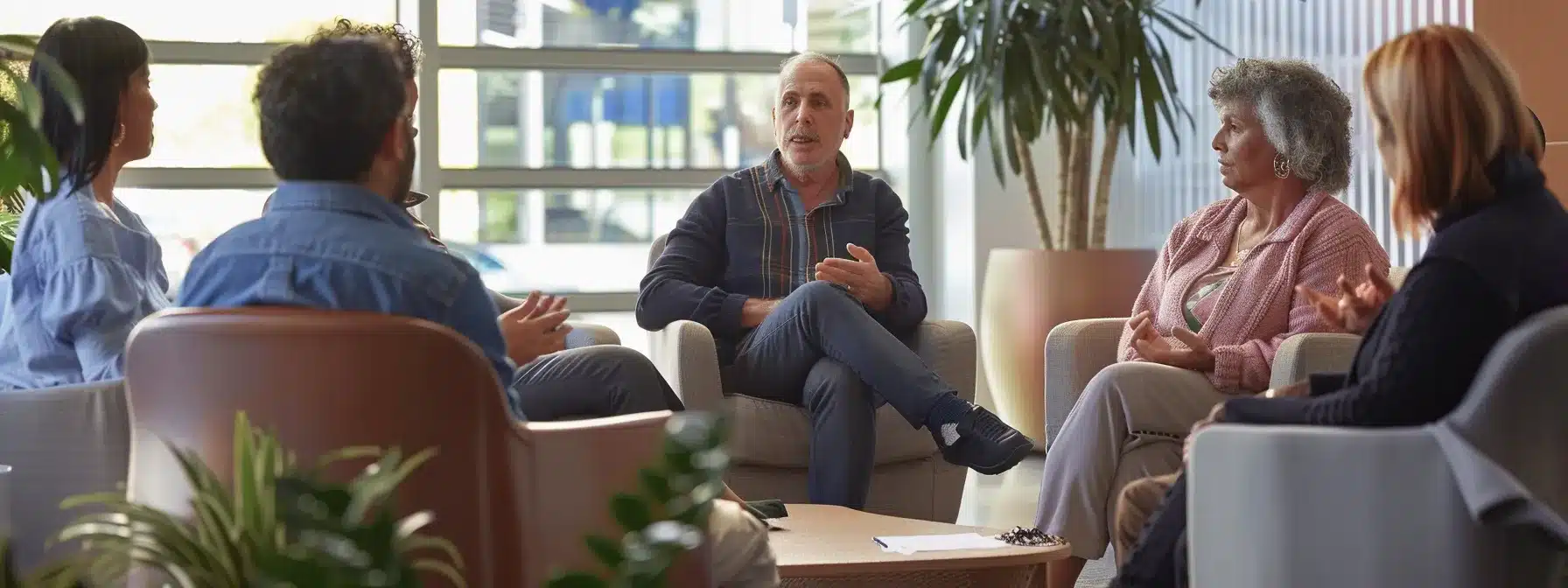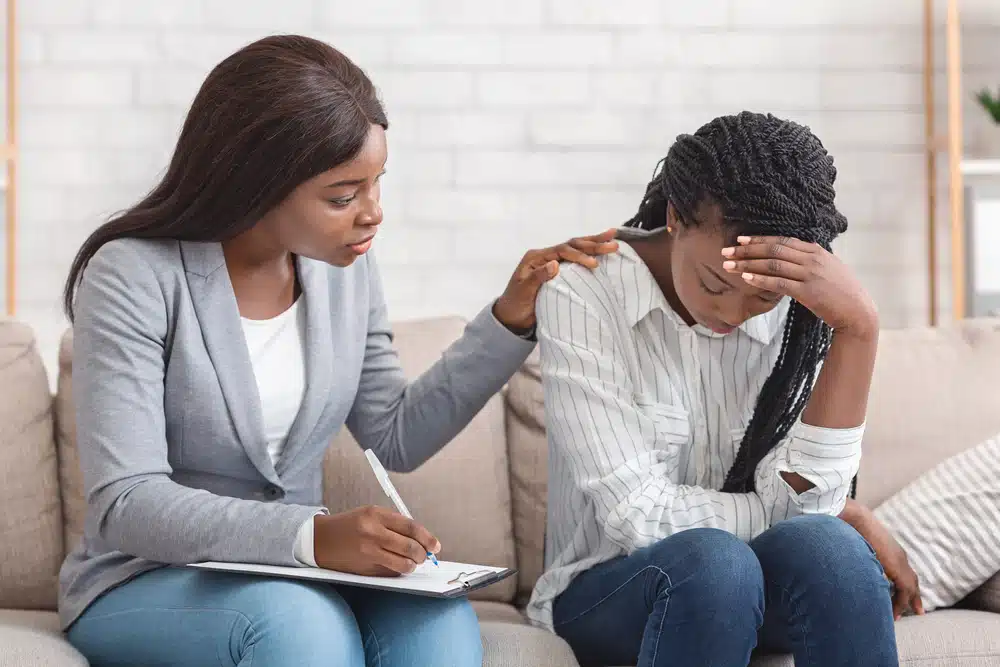24/7 Helpline:
(866) 899-221924/7 Helpline:
(866) 899-2219
Learn more about Couples Rehab centers in Dukes County

Other Insurance Options

Choice Care Network

Private insurance

Ambetter

Horizon Healthcare Service

PHCS Network

Anthem

WellCare Health Plans

BlueCross

Aetna

Covered California

EmblemHealth

AllWell

BlueShield

Health Choice

Medical Mutual of Ohio

Amerigroup

ComPsych

Access to Recovery (ATR) Voucher

Sutter
Beacon





















Kamala Bouche – Martha’s Vineyard Sober Living
Kamala Bouche – Martha’s Vineyard Sober Living is a private rehab located in Edgartown, Massachusett...






















































